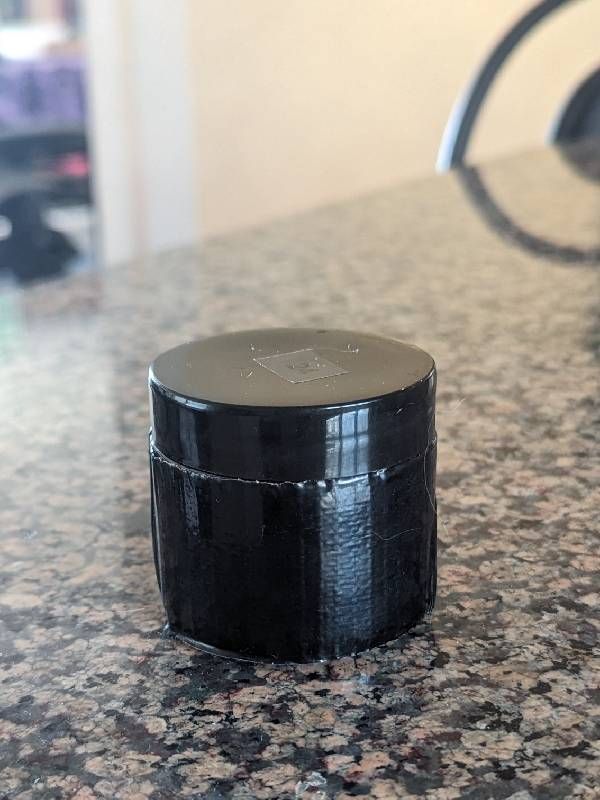Why Familiar Scents Can Boost Your Mood
Researchers recently discovered that familiar smells may foster specific autobiographical memories (AM) in humans and potentially assist in depression recovery

Since time began, a keen olfactory sense has been critical for mammals to find food and mates and avoid predators. African elephants top all mammals with theirs. These giants have the largest number of olfactory reception genes, twice that of dogs and five times that of humans.
A sense of smell is important for the survival and stability of humans, too. Researchers from the University of Pittsburgh recently discovered that familiar scents may foster specific autobiographical memories (AM) in humans and potentially assist in depression recovery. Individuals with Major Depressive Disorder (MDD) often have a deficit in recalling specific autobiographical memories.
A sense of smell is important for the survival and stability of humans.
According to the National Institute on Health, 8.3% of Americans will suffer from Major Depressive Disorder at some point. While depression is much written about, it's devastating to think that someone in a dark place may also miss the memories of grandmother's homemade yeast rolls cooling on a marble-topped cabinet or the pungent, sweet odor of making caramel apples. Or the smell of hot dogs from a vendor's box in the stands at a baseball park.
Dr. Kymberly D. Young was part of a team from the University of Pittsburgh Medical School that published a study in JAMA Network Open in February, suggesting that positive memories can be elicited from MDD patients with odor-based cues.
Young gave a personal example during a Zoom interview with Next Avenue, using coffee's strong, familiar smell in a coffee shop. "I go to Starbucks every Friday," she said. "I went on a blind date there where I met my husband. I often reminisce about the positive emotions, first impressions and nervousness."
Young continued, "I've always been interested in autobiographical memories. When memory fails, people with depression are unable to recall a specific memory, according to MRI studies. "In depressed people, the amygdala (fight or flight response) didn't come on for positive memories."
The study noted that processing olfactory information is important to humans in assessing the environment — not exactly for the same reasons as wild elephants, but still important. "The olfactory bulb directly projects to several structures in the brain implicated in memory and emotions, including the amygdala and hippocampus, allowing olfactory information to enter the limbic system directly," noted the study. This routing makes the information available for reaction quickly.
No Paint Thinner or Gasoline
Thirty-two adults with Major Depressive Disorder and a mean age of 30 participated from September 2021 to November 2022. Study members were asked to recall memories from 24 items, both word and odor cues, and the odor cues were rated more arousing (not in a sexual sense) and vivid than word recall.
How did the researchers choose what odors to include?
"We found a reviewed paper done in healthy individuals that identified their most common smells," Young explained. "We obviously eliminated paint thinner and gasoline," she added, noting her employer would not have appreciated them. Cinnamon and coffee were two of the popular smells, and coconut, 26 odors total for the test purposes.

Young explained that odors can elicit different responses in different people. For example, "In some people, the scent of coconut produces a memory of cake. In me, I think of being at Disney with sunscreen in my eyes."
Participants were given cues and asked to produce a specific memory. The example explained that coffee should not be a generic memory of coffee sipped daily but rather a special memory associated with coffee, such as Young's personal example about meeting her husband. If no response was given after 30 seconds, the proctor recorded no memory. All words were captured in the memory.
Half the cues were presented as odors and half as words, the odors in tiny screw-top opaque glass jars, changed frequently to keep the freshness of the odor. In the word part, the proctor read each word.
The Scents Make Sense
Much clinical work has been done on odors and healthy people, but this may be the first study to undertake such research on persons diagnosed with MDD. Young reported that the study found results similar to studies done with healthy individuals, that odor-cued memories were recalled more than word-recalled memories by study participants.
Odors can elicit different responses in different people.
The study concluded that "these preliminary findings could have implications for furthering management options for MDD."
Young added, "The conventional wisdom has been that people with depression don't have positive memories. One of the most important things out of this study is that it suggests that depressed people have the memories but cannot access them. If we can help them access their positive memories, they can use them in daily life. The memories are there; you just need a better way to access them."
"Outside of a therapeutic setting, I can see people sitting down with different odors and immersing themselves in their memories," Young noted. "You are more easily able to recall a memory with practice."


